Trump said - Trump did
Donald Trump announced his plans to create a task force and a presidential commission to protect Christians from religious discrimination at the National Prayer Breakfast in Washington last week. He also announced the appointment of Attorney General Pam Bondi to head a task force to ‘eradicate anti-Christian bias’, which should stop ‘all forms of anti-Christian attacks and discrimination in the federal government’.
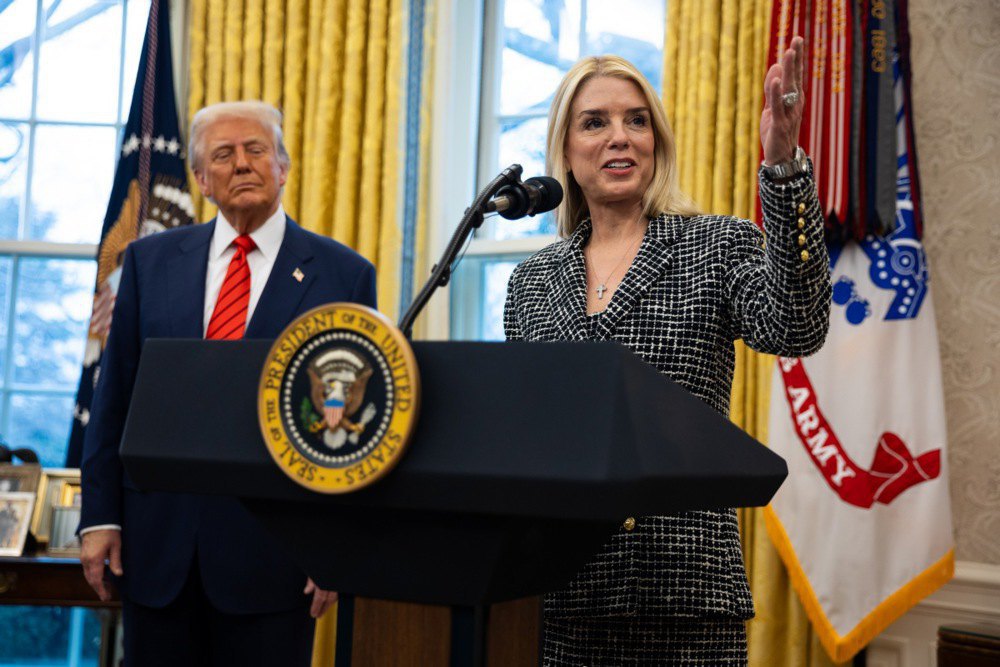
In a speech at the National Prayer Breakfast, Trump stressed the importance of faith for the American nation: ‘From the very beginning, our republic was founded by people of faith, united by four simple but beautiful words: In God We Trust.
He added that ‘people cannot be happy without religion, without faith,’ and called for the return of God to the everyday life of Americans.
The unbeliever has no chance
It would be unfair to say that President Trump has the upper hand in defending religious principles. According to statistics, more than 80 per cent of Americans consider themselves to be religious. Therefore, for the United States, religious freedom is a fundamental thing, the basis of identity. It is not surprising that every presidential candidate tries to please the religious electorate by using appropriate rhetoric and, to the extent possible, demonstrates his or her piety. The fact is that a non-believer has no chance of becoming president of America.
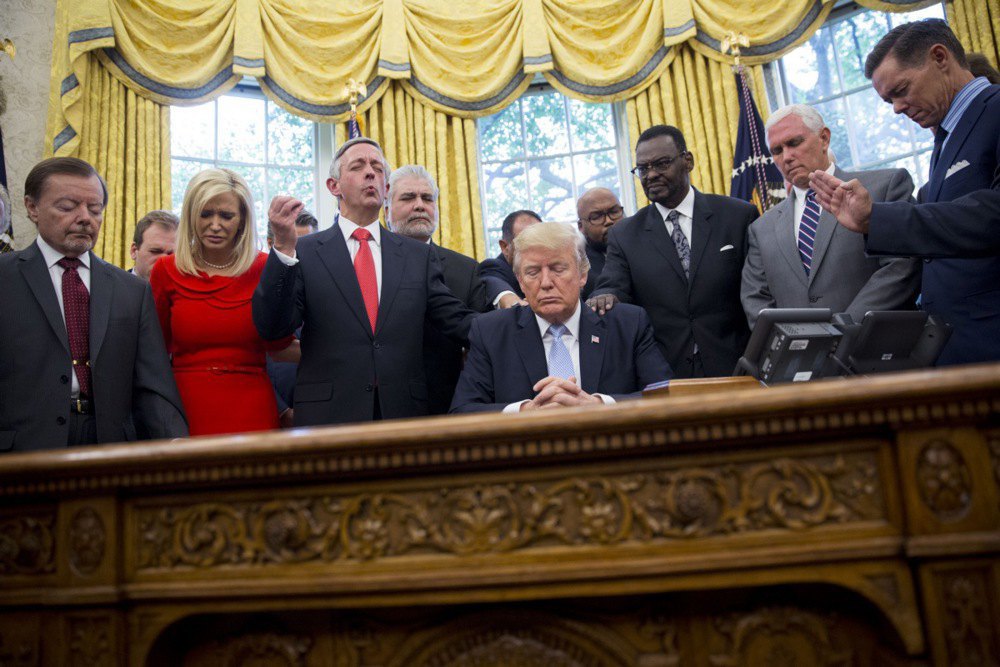
According to Trump, his predecessors had distorted the policy of protecting religious freedom. The explanation came from US Vice President J.D. Vance during the Religious Freedom Summit in Washington. ‘Too often, U.S. international initiatives in the area of religious freedom have turned into absurdity. How is it that we spend hundreds of thousands of taxpayer dollars to support structures that spread atheism around the world?’ he said and promised that the Trump administration would not only restore but also expand policies aimed at protecting religious freedom.
So far, it is known that the Office of Faith-Based Services will support religious communities in cooperating with the government, protect the rights of religious organisations in social activities, and promote religious freedom both nationally and internationally.
Paula, who brought Trump to faith
Trump entrusted the leadership of the Office of Faith to Pastor Paula White, with whom he has worked closely since his first term in office and who is his spiritual advisor.
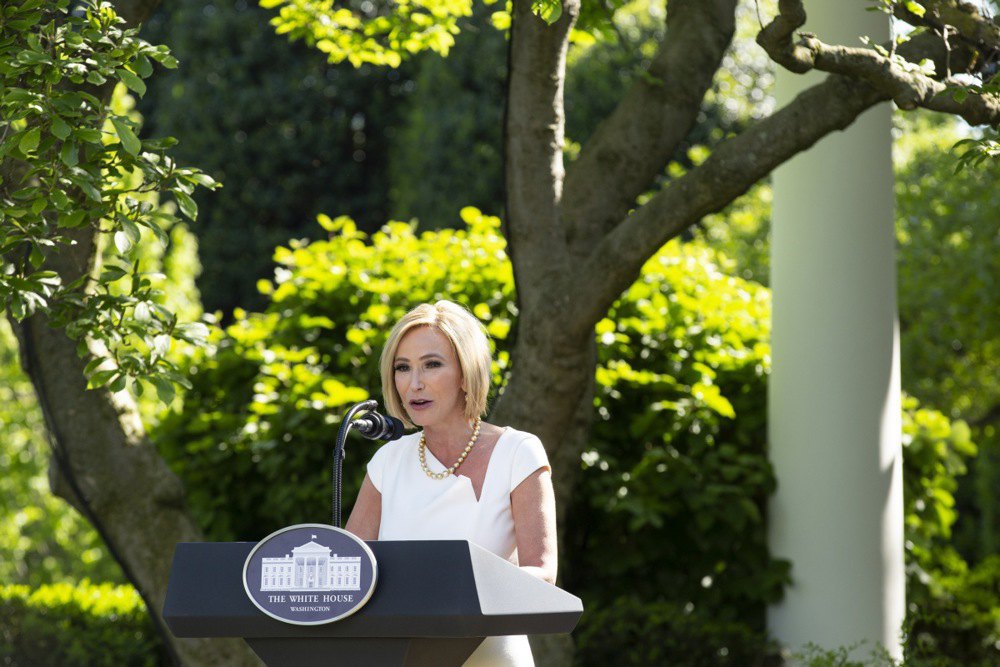
For us, it is important that from the beginning of the invasion, Paula White organised charitable aid for Ukrainian refugees in Europe, which she regularly reported on her website. It is also important that she has cooperated with Ukrainian Protestant pastors in this mission.
Clearly, Paula is someone the American president trusts and will listen to.
Getting ahead of Kremlin propaganda
Mykhaylo Zhovnir, founder of the Ukrainian Prayer Breakfast in the United States, believes that Paula White will be very persistent in matters of religious freedom, and Ukrainians should take advantage of this.
"I have known Paula White personally since the first term of President Trump. I think she will be very active in the issues of freedom of conscience, freedom of religion, freedom for Christians and protection from persecution. And it is important for us to convey the right messages about Ukrainian realities," said Zhovnir.
According to him, a good example of such advocacy of Ukrainian interests is the participation of our delegation in the International Summit of Religious Freedoms. "The Ukrainian delegation held a good meeting, where they showed a film about the persecution of believers in Ukraine by the Russian occupation authorities and the military, about what is objectively happening today, how believers are persecuted in the temporarily occupied territories. It was quite impressive and had a lot of good feedback," Zhovnir said.
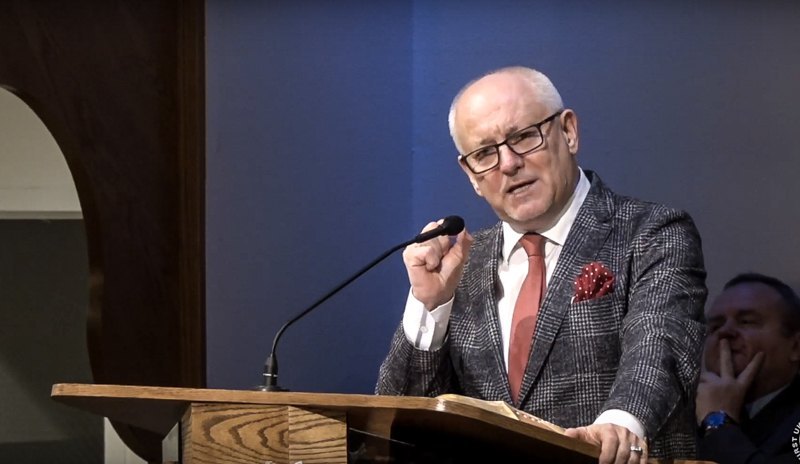
And there is no time to waste in this matter, because the Kremlin's propaganda activities regarding the ‘persecution of the Orthodox in Ukraine’ have not only not stopped, but may soon intensify.
"There are people who are quite active, even aggressive, in conveying messages that the church and religion are being persecuted in Ukraine. Although this is not the dominant opinion. We have people in the American establishment who hold a completely different opinion, and they say that no one is persecuting the church, and the communities of the Ukrainian Orthodox Church (UOC-MP - Ed.) were obliged to re-register in order to get rid of Moscow's influence," Zhovnir said.
The religious agenda is a challenge for the Ukrainian authorities
If the Ukrainian government wants to establish cooperation with the White House, it will have to change its approach.
Serhiy Shumylo, Director of the International Institute of Athos Heritage, Visiting Research Fellow at the Department of History, Religion and Theology at the University of Exeter (UK), believes that whether the Ukrainian government wants it or not, the religious component in politics will become more and more important.
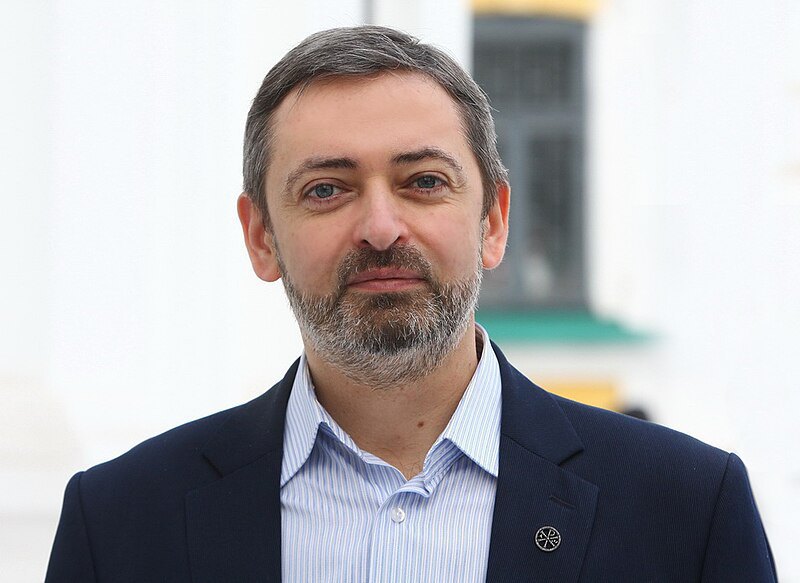
"Unfortunately, many Ukrainian politicians underestimate the role of religion and religious diplomacy in social processes and international relations. In Ukraine, there is an authoritative and quite effective platform - the All-Ukrainian Council of Churches and Religious Organisations, other institutions, such as the Institute for Religious Freedom, which work professionally on these issues and with which the Ukrainian authorities need to interact and work more, including in the context of international contacts," Serhiy Shumylo said.
According to him, this is very important in view of the Kremlin's activity abroad in religious matters.
"There should be a special unit within the structure of the Ministry of Foreign Affairs of Ukraine, there should be expert advisers at Ukrainian embassies abroad. Unfortunately, there is no such thing yet. There is some old Soviet prejudice that says, ‘let church people deal with church issues’, ‘our religion is separated from the state’, and so on. Behind such excuses often lies banal unprofessionalism and a lack of understanding of the subtleties and mechanisms of religious components and their role and significance, including in the context of Russia's war against Ukraine," the scholar believes.
He says that Ukraine should use all levers and mechanisms in its international activities, including religious diplomacy.
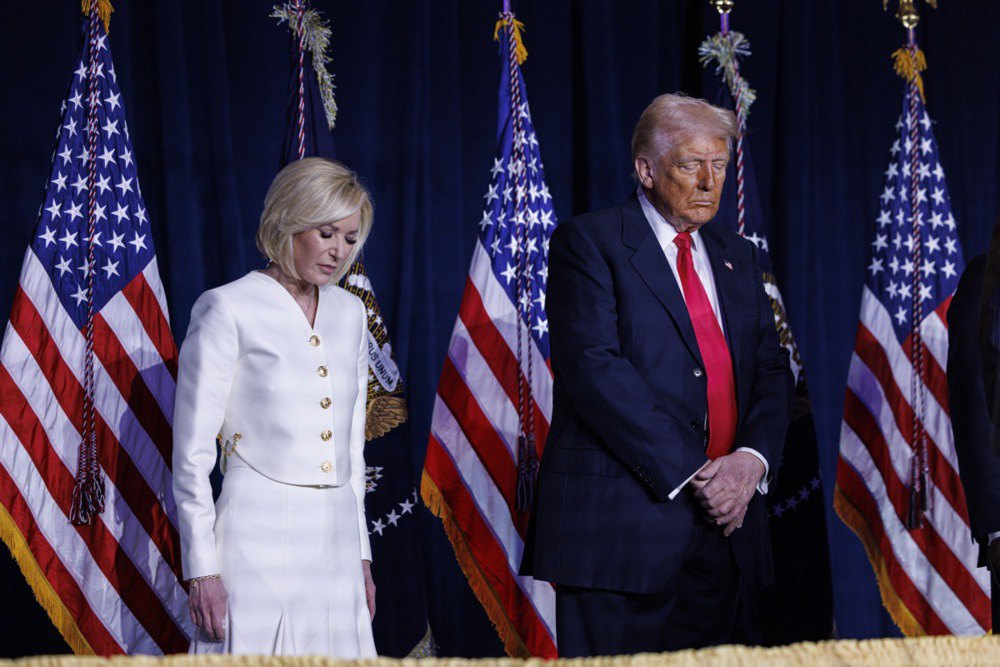
Zhovnir also believes that the Ukrainian authorities should demonstrate openness to religious issues in Ukraine.
"For example, the Verkhovna Rada has registered a resolution on the establishment of a national Day of Prayer in Ukraine, the adoption of which can demonstrate that Ukraine is open not only to the left-liberal direction, but also gives the right to vote to people who profess Christian views," he notes.
As for Pastor Paula White's office, we do not know how broad its powers will be, how much influence it will have on international politics, and whether its activities will really have an impact on those who are persecuted for their faith.
In any case, we need to knock on Paula White's door today.
"I think that the Office of Faith-Based Issues can provide recommendations to the State Department and Congress," says Zhovnir, "but it is important for us to establish good relations with people responsible for this sector, including Paula White, and try to convey objective information about Ukraine as soon as possible. You can be sure that our enemies and their agents of influence will do the same. And we have a chance to be the first."








